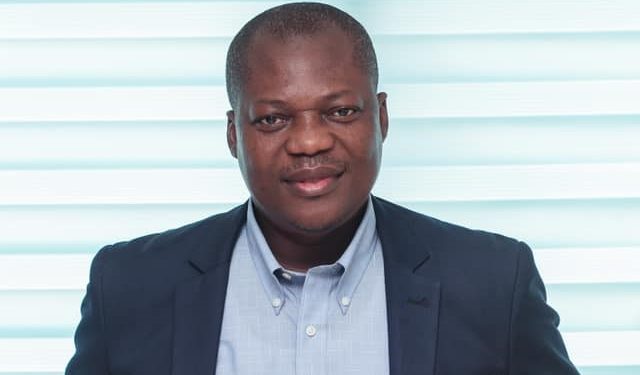Professor John Gatsi, a member of the planning committee for the National Economic Dialogue, has emphasised that the recommendations from the forum will play a pivotal role in shaping Ghana’s economic trajectory.
Speaking to Channel One News, Prof. Gatsi highlighted the importance of the dialogue in fostering inclusive discussions and generating actionable solutions to address the country’s economic challenges.
The two-day forum, which brought together experts, policymakers, academia, traditional leaders, and private sector representatives, focused on key areas such as sustainable macroeconomic stability, economic transformation, infrastructure development, structural reforms, private sector-led growth, governance improvements, and anti-corruption efforts.
According to Prof. Gatsi, the recommendations from the dialogue will be integrated into the framework of the National Development Commission, ensuring their alignment with Ghana’s long-term development goals.
“Looking at this from a broader perspective, an economy should be managed where there is inclusivity. That is why during a period of crisis, you allow the best of your people to come together and think to see how you can get out of the crisis.
“For me, this is also a feature for many economists, some economists have a standing committee that, from time to time, they come up with solutions for them. So, it is very clear that the prospects outweigh the fears of the people,” he stated.
He noted that the National Economic Dialogue should be institutionalised such that it will be held after every two years to assess the progress of the policies they have put in place.
Addressing concerns about the absence of the opposition New Patriotic Party (NPP) at the dialogue, Prof. Gatsi maintained that their non-participation does not invalidate the consensus being built.
He emphasised that the forum achieved sufficient inclusivity by engaging a wide range of stakeholders, including political parties, parliamentarians, traditional leaders, academia, and private sector representatives.
“You cannot force everybody to be part of a consensus. What we want to achieve is inclusive engagement and we have invited all political parties, parliamentarians, chiefs, experts, academia, and others. I believe that we have achieved sufficient inclusive engagement.
“So, that is what we are using to access that work we are doing here. So, if one political party says they will not come, they are assessing the reason why they will not come against the prospects of them participating and perhaps they realise that if they don’t participate it doesn’t make any difference,” he stated.


